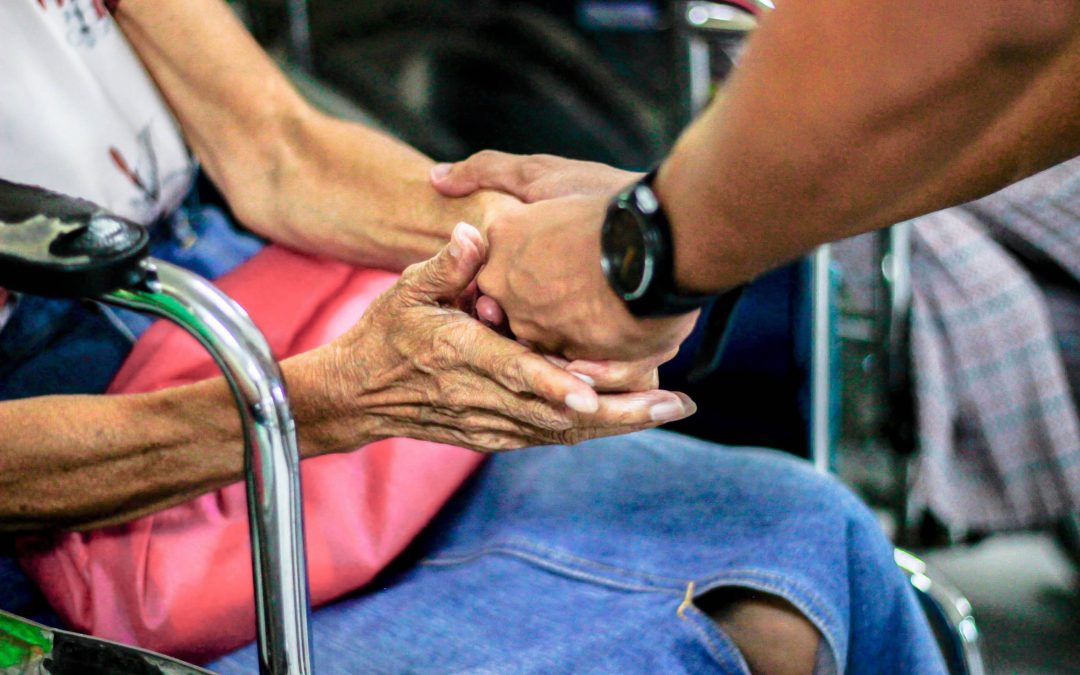

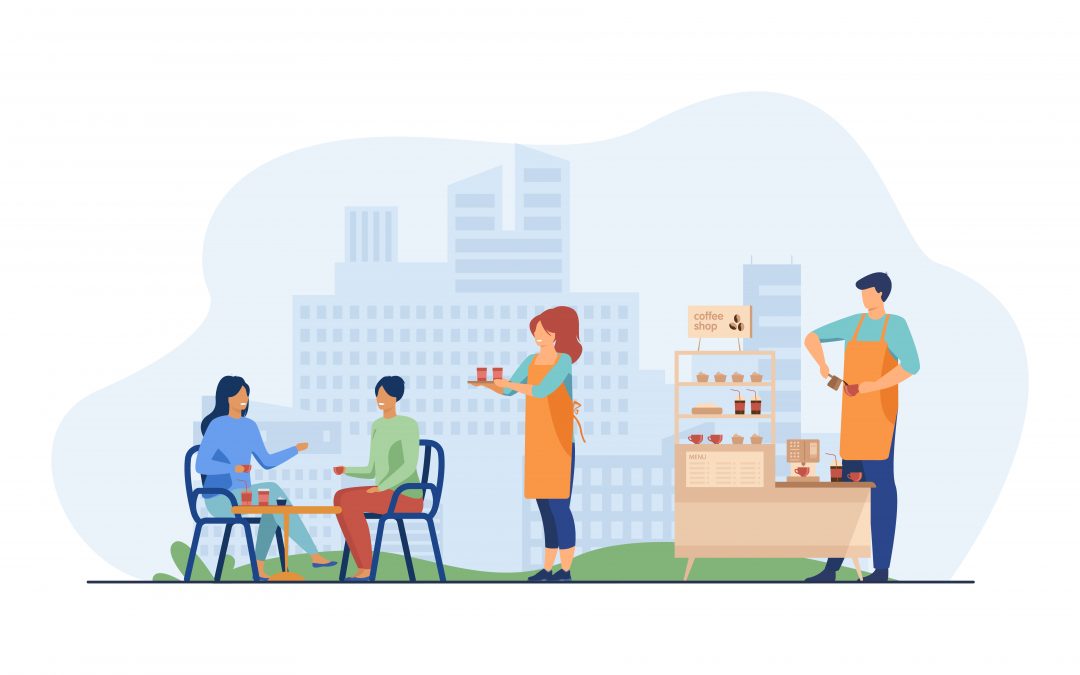
A mobile café to support peripheral areas
To mitigate the negative consequences of the corona crisis, the KFUM’s Social Work created a mobile café concept – called urgent social drive – focusing on the socially disadvantaged living in the peripheral areas of Denmark.
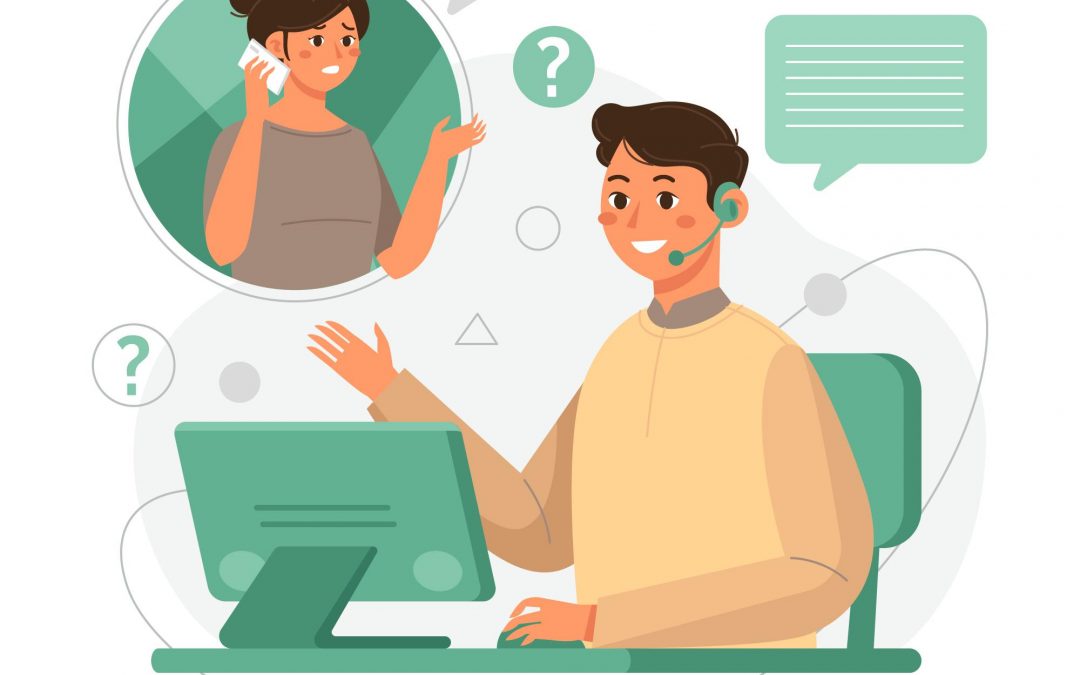
Free social helpdesk to redirect vulnerable populations during crisis
The Fédération des services sociaux (FSS) operates in Wallonia and Brussels. It has an ambitious vision of supporting social actors through developing projects and providing training and expertise, particularly in the right to food, water, and energy.
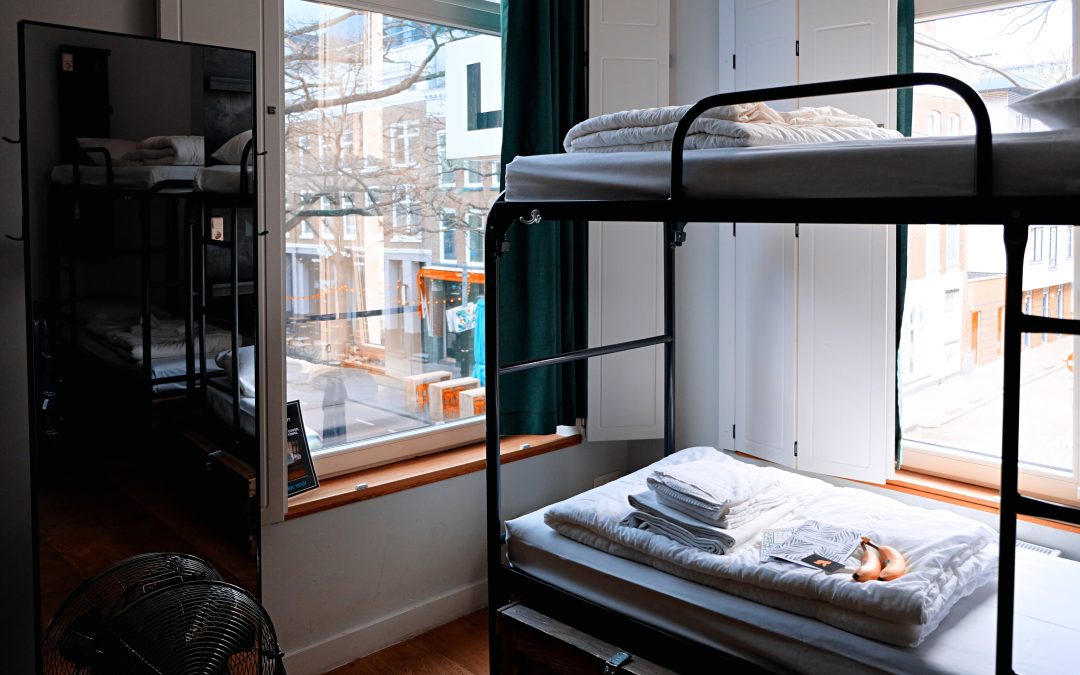
Temporary accommodation for victims of domestic violence
To alleviate the impacts of COVID-19 policies, many initiatives have been developed by civil society organisations – NGOs, local governments, or citizens. A team of national researchers from the RESISTIRÉ project has collected and highlighted a set of...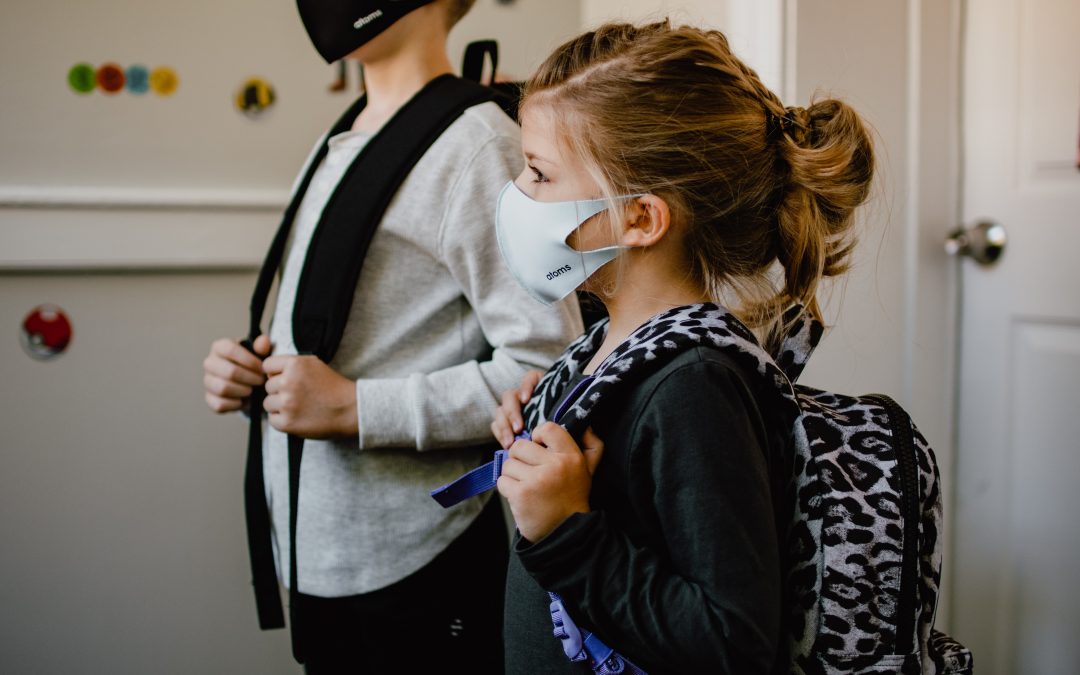
Offering psychological support to children affected by the COVID Crisis
Concordia Bulgaria Foundation initiated activities under the project “Life after COVID – psychological support for Children and families affected by the Epidemiological Crisis”, financed under the “IRIS” programme of the “Workshop for Civil Initiatives” Foundation.
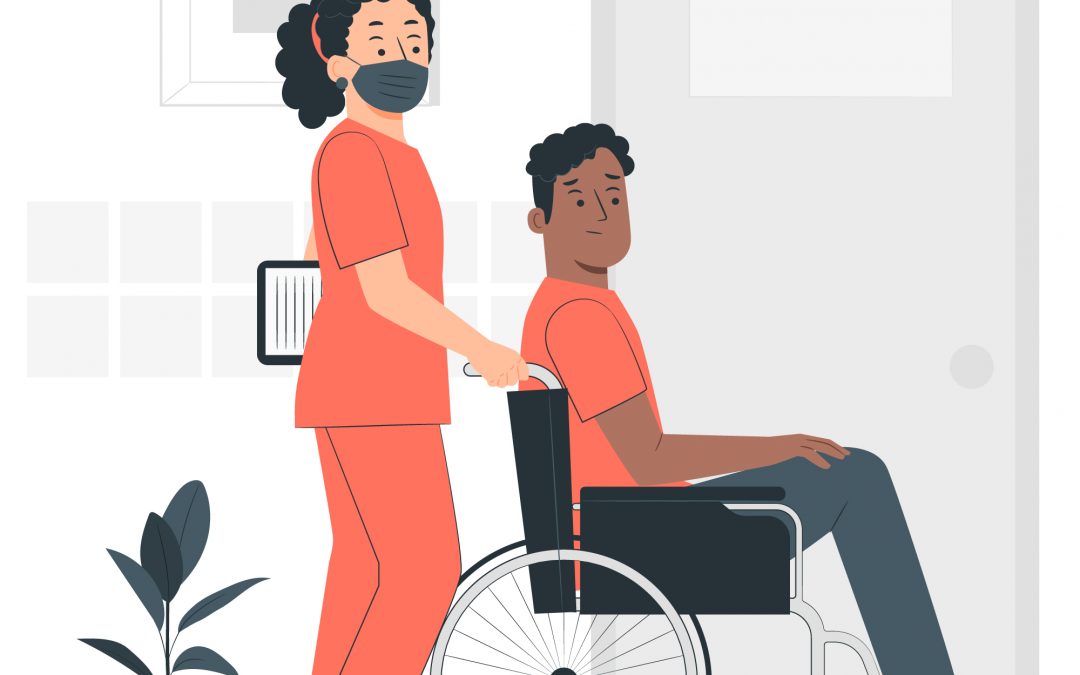
A guide to manage COVID-19 risks for people with disabilities
The ASMeD, Associazione per lo studio dell’assistenza medica alla persona con disabilità, and the Italian Society of Ergonomics and Human Factors have developed a guide to address the management of COVID-19 risk for people with neurodevelopmental disorders, intellectual disabilities, who are living in semi-residential, residential, or work settings.
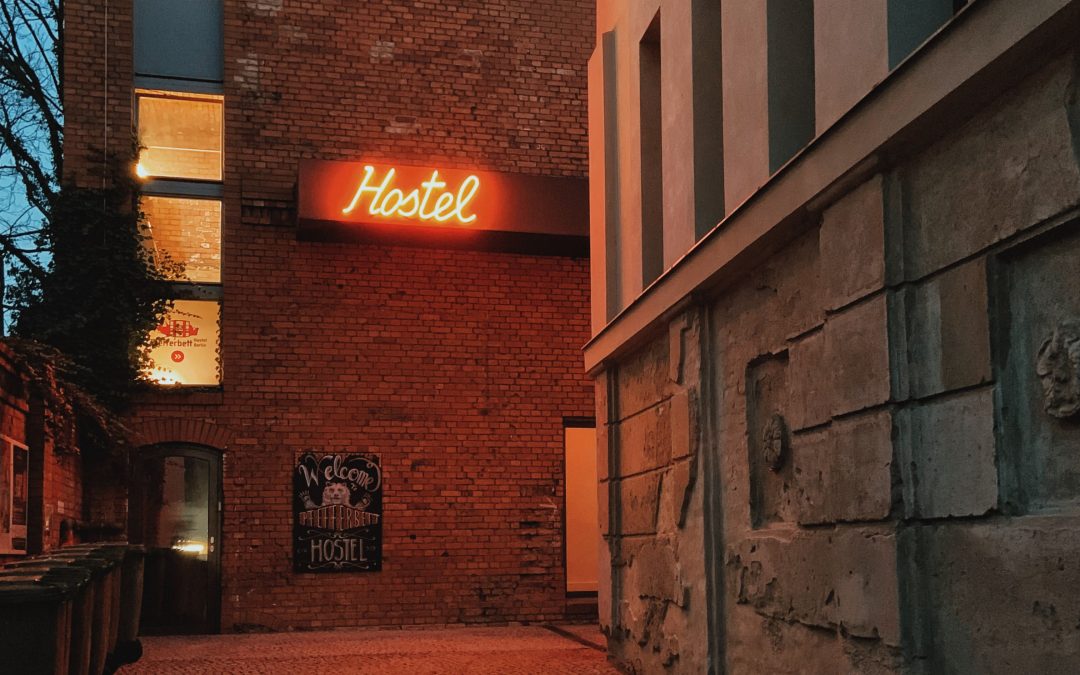
COVID accommodation for homeless people
The City’s initiative was established partially in response to NGOs and other civil society actors’ lobbying efforts which advocated for securing several hotels/hostels for homeless people. The approach was inclusive, targeting the most vulnerable groups in the homeless community: people with disabilities, the elderly, and women were prioritized. The highest priority was given to people who showed symptoms of Covid-19 but had not yet been tested positive. The method of prioritizing clients placed in humanitarian hotels was inspired by a solution scheme used in London.
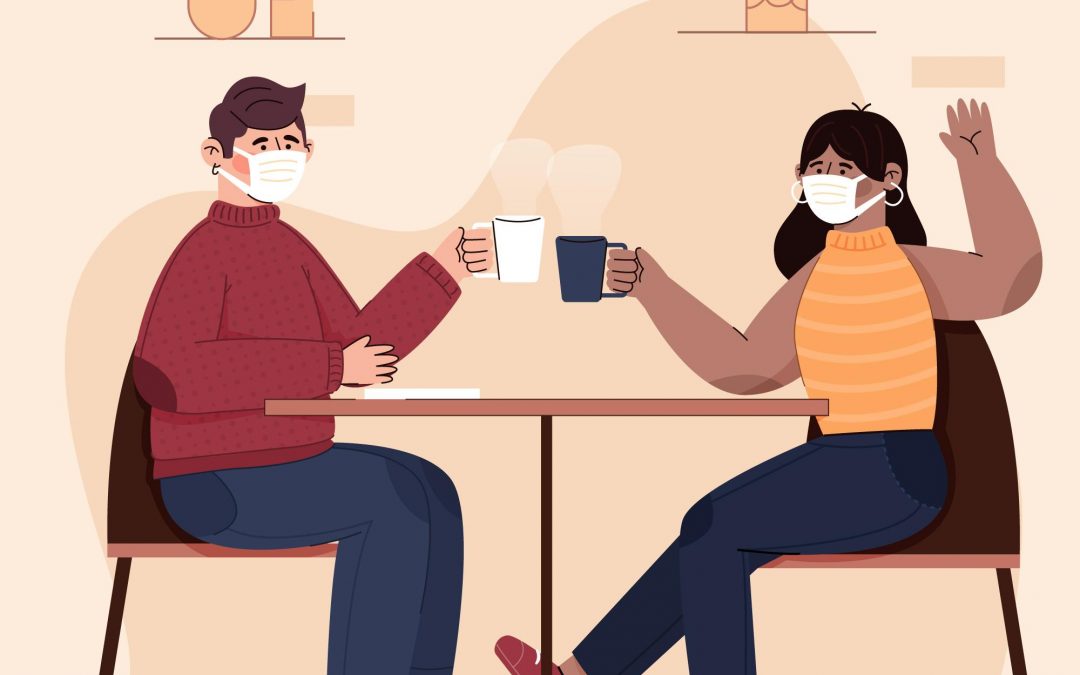
Breaking social isolation in the wake of COVID-19
This initiative was funded by the City of Reykjavík and ran by volunteers from PeP Iceland, who organized and hosted the project.
The idea behind this café was to create a unique space that breaks social isolation. To further support people in need, the cafe offered a “giveaway table” where various necessary products were made available by businesses.
The project targeted marginalized groups who have been heavily affected by COVID-19, especially those who are socially and financially vulnerable.
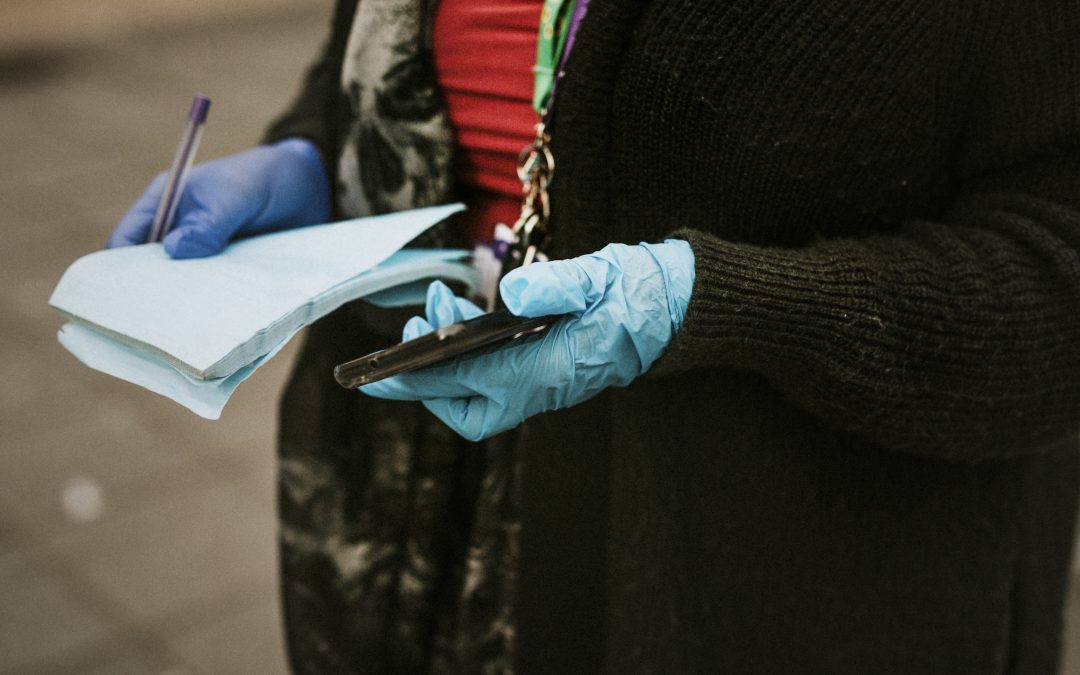
Long live the girls! Providing support for homeless women
A local organisation with a wide range of activities
In Hungary, the Budapest Bike Maffia has been paying close attention over the years to the situation of women who are homeless.
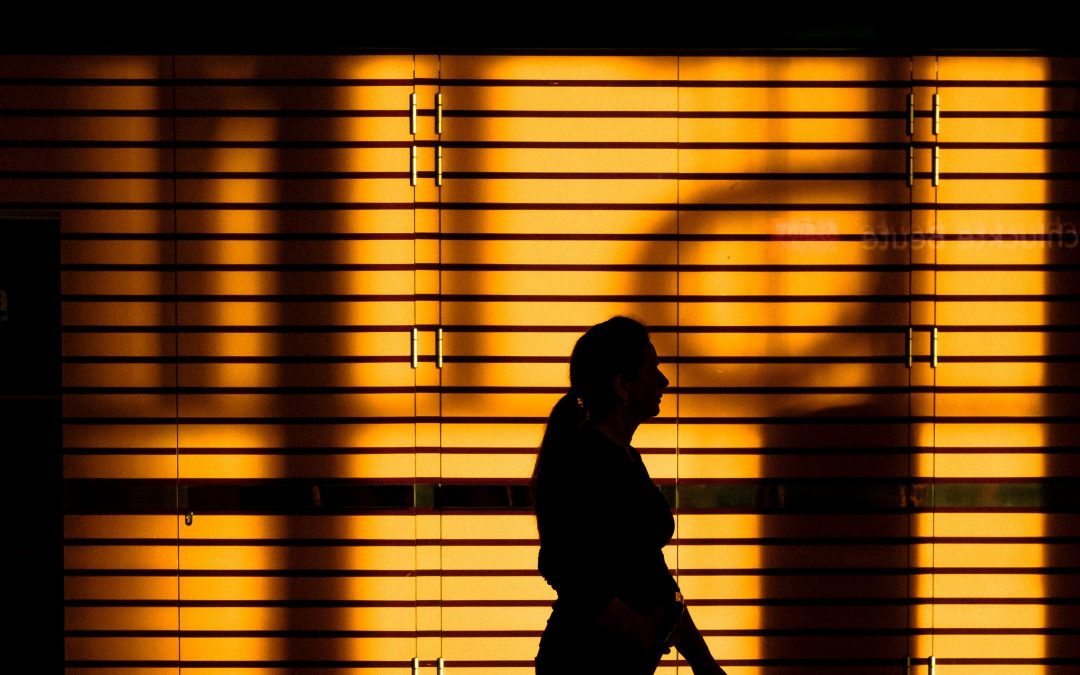
A successful initiative of flexible treatment for substance abusers
Reden (‘The Nest’) is a shelter for women in substance abuse and prostitution located in the inner city of Copenhagen and established in 1984. When public life effectively closed down due to the pandemic, the shelter decided that extraordinary measures had to be taken to protect the most vulnerable women and substance abusers.
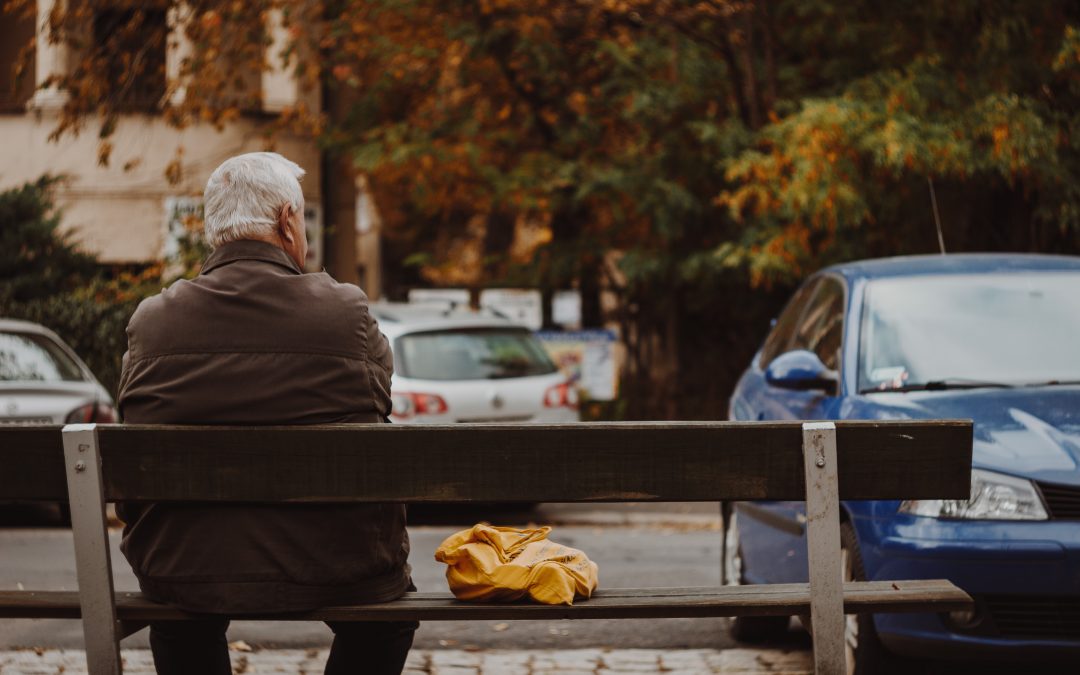
Community Health Workers: improving access to primary healthcare for vulnerable groups in Belgium
Community Health Workers is a pilot project aiming to improve access to primary health care for vulnerable groups in lower middle-income neighbourhoods in Belgium
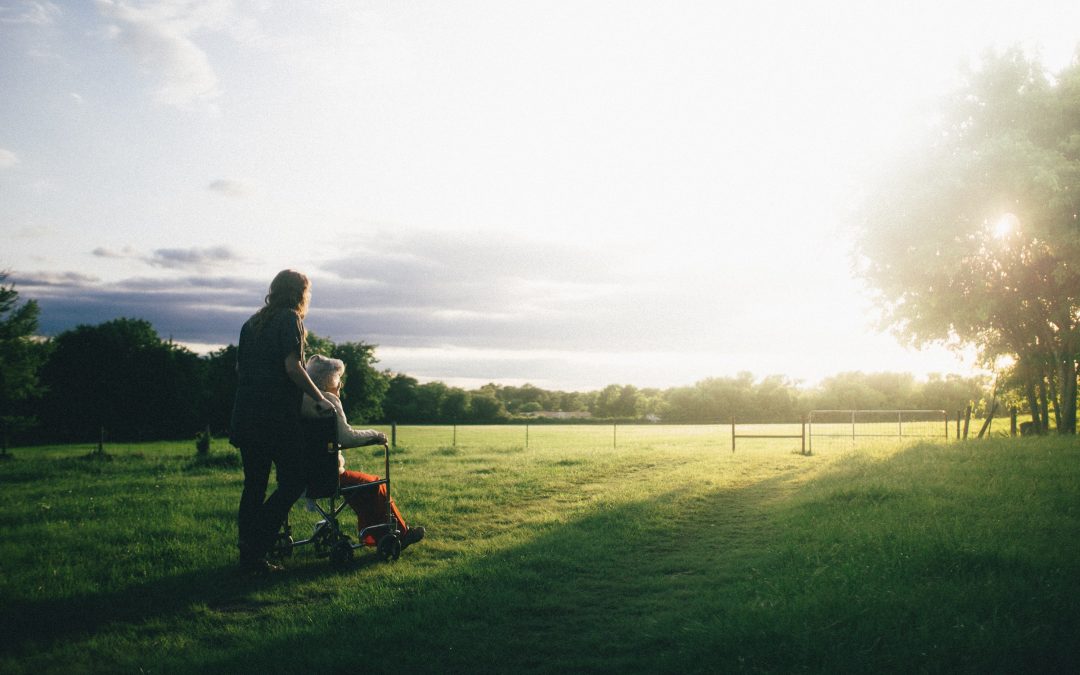
IG24 – Representing migrant live-in caregivers in Austria
The Interessengemeinschaft der 24-Stunden-Betreuer_innen (IG24) is a self-organised, non-partisan association which aims to represent the interests of migrant live-in caregivers in Austria.
